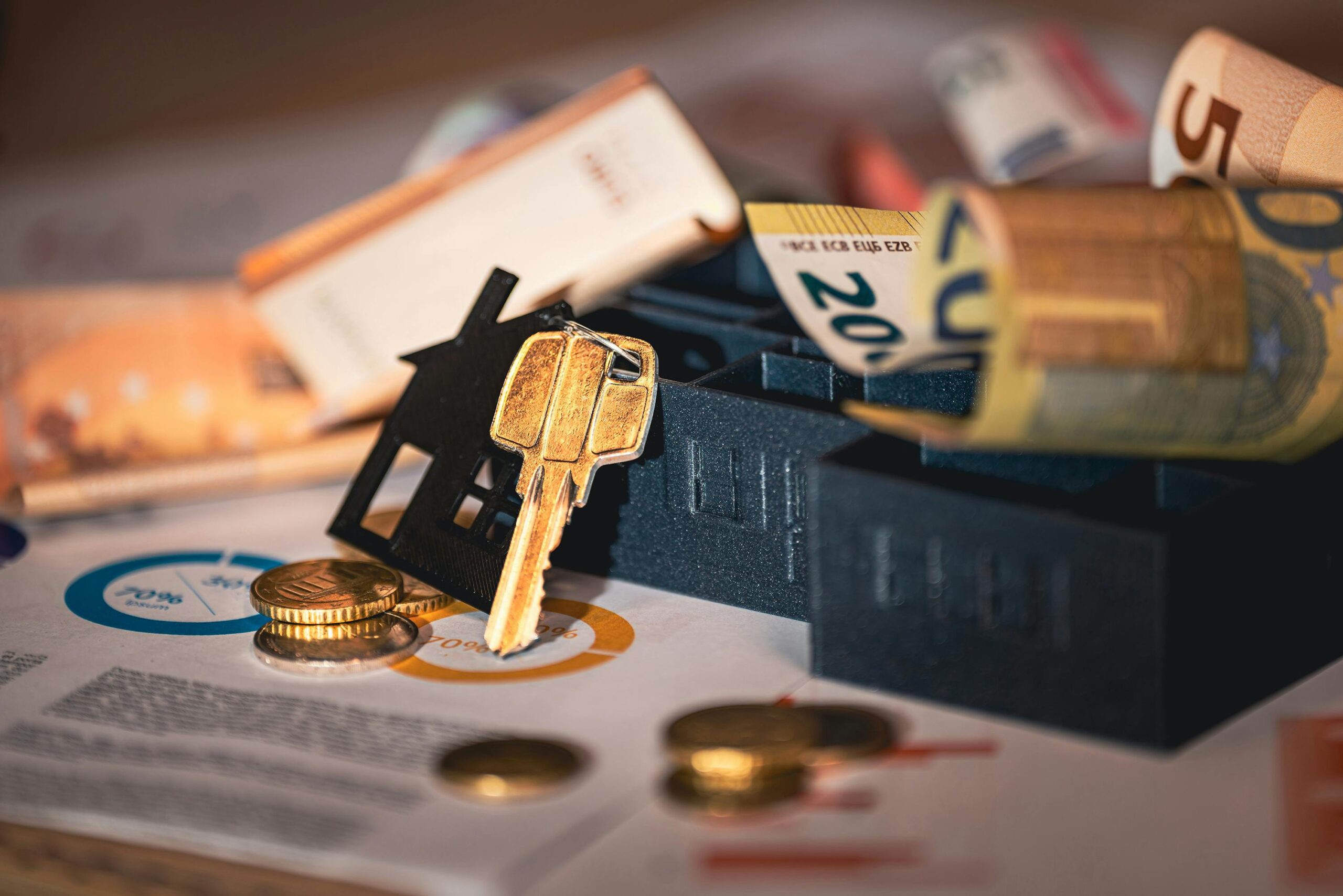Key Documents Needed for Buying Properties in Nigeria
Buying property in Nigeria is really something to be excited about. However, it comes with its own set of challenges, especially when it comes to the documentation part of the deal.
If you’re thinking about buying land, it’s really important to know the necessary documents for the property you’re interested in. Also, the specific type of property you’re looking at will determine which documents you’ll need. So, getting familiar with these requirements can save you a lot of headaches down the road.
Just imagine finding your dream home only to realize you lack the necessary paperwork to claim full ownership. This scenario is all too common and can lead to significant financial loss and even legal disputes.
Having the right documents in your possession is crucial not just in Nigeria, but anywhere in the world. Proper documentation is the backbone of any real estate transaction. This is because it protects your investment and validates your right of ownership. For without these key documents, you risk falling prey to fraud, disputes over land ownership, or even government acquisition of your property.
Key Documents Needed for Buying Properties in Nigeria
The key documents required for buying a property in Nigeria are:
1. Certificate of Occupancy (C of O)
This is unarguably the most important document for any property owner in Nigeria. The document certifies your legal status as the owner of any property you buy and grants you statutory rights over it.
This document is provided by state governments and serves as proof that you are the owner of the land or property in question. Without this important document, your claim to the property can be easily challenged.
SEE ALSO: Must-Have Documents for a Smooth Property Transfer in Nigeria
2. Deed of Assignment
This is a document that formally transfers ownership from the seller to the buyer. The document is a legal document that facilitates the transfer of ownership of real estate property from one party (the assignor) to another (the assignee).
It serves as formal evidence that the seller has relinquished their rights to the property and that the buyer is now the rightful owner. Also, it outlines the terms of the sale and must be registered at the appropriate land registry to ensure its legality. A well-drafted deed protects you from future claims on the property.
3. Survey Plan
In a survey plan, you will find the details of the boundaries and dimensions of the property. It also shows you the location and size of a piece of land. With the details and coordinates from the Surveyor-General’s office, it’s pretty straightforward to check if the land is actually under any government acquisition.
This makes it easier for you to verify the property’s status before making any decisions. It is essential for verifying that you are purchasing exactly what you intend to buy and helps prevent disputes with neighbors over property lines.
4. Purchase Receipt
After a property sale, the seller usually provides the buyer with a receipt. This serves as proof of payment for the property and is necessary for registering your ownership with local authorities.
It’s a simple yet vital document that confirms your financial commitment to the purchase of the said property.
5. Power of Attorney
If you are purchasing through an agent or if the seller is not present, a power of attorney document is required to authorize someone else to act on their behalf in the transaction.
6. Deed of Mortgage
A mortgage is basically a loan you get from a bank or another financial institution to help you buy land, a home, or any form of real estate. The mortgage deed is a legal document that lays out all the terms of that loan. It essentially places a lien on your house until you pay off the loan completely.
If you happen to miss payments, the mortgage deed can give the lender the legal right to foreclose on the property, which means they could take ownership of it. However, this usually follows after going through some legal steps.
7. The Mother Deed
This particular document traces the history of the property and includes all related conveyance deeds. It’s super important, especially if you’re looking to get a loan from a bank, as they typically require it.
If you’re not sure how to create a mother deed, you can always reach out to your local authorities for assistance. They can guide you through the process and help ensure everything is in order.
The Consequences of Not Having these Documents
If you neglect or fail to have any of these documents in your possession, it can lead to severe consequences. These include:
1. Legal Disputes: Without proper documentation, proving ownership can become a nightmare.
2. Financial Loss: The absence of these key documents may cause you to lose your investment if another party claims ownership of the property.
3. Inability to Transfer Ownership: If the need arises in the future to sell or transfer the property, it could be hampered without the availability of these essential documents.
Final Thoughts
If you must be involved in anything real estate in Nigeria, then you have to have the diligence to pay attention to detail regarding documentation. The security of your investment is guaranteed when you have these key documents in place. Furthermore, it will pave the way for a smooth transaction process in the future.

